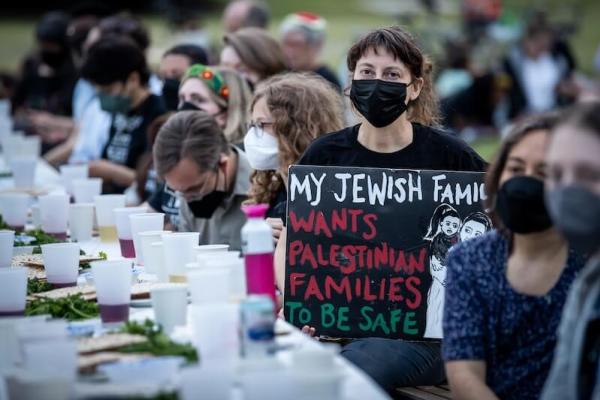The newly released movie Detroit enflames past wounds of race, poor economic conditions, and police brutality in a city still gripped with these issues. I won’t give spoilers to the movie but I will share how Congresswoman Maxine Waters’ recent trending statement ‘reclaiming my time’ provides wisdom for a divided community to heal and waste no time reliving the past.
1. Avoid Distractions
Focus becomes extremely important when there is a goal to achieve. Today’s political circus act is action-packed with distractions each day. Note that it’s not only politics, but also media hype influencing intentions and how people respond to these times. The movie Detroit highlights the cruelty of racially motivated abuse of power and quite naturally incites frustration. If the historic uprisings of 1967 and 1943 in Detroit have taught anything, it’s that violence is not a sustainable solution to multidimensional social challenges.
Detroit has spent decades on the economic rebound and now is not the time to lose sight of the progress possible. In times of conflict, push past the urge to react and take time to think through all alternatives.
2. Know the Rules
You can’t hold anyone accountable if you don’t know the rules. Maxine Waters demonstrated this in a congressional meeting, but it applies to our everyday lives and duty to civic engagement. Research history in your town. Study and understand constitutional rights — the responsibility of local and state public officials as well as state and federal laws in specialty areas such as policing and housing.
3. Think Proactively
A proactive strategy will always trump a reactive one. As you observe patterns of social injustice in your social sphere (workplace, church, or home), determine how you can stop recidivism. Dedicate yourself to speak up. Figure out how you can get involved and energize local organizations with shared values. Get a game plan together and determine what it would take to get ahead of potential problems. What types of conversations should be taking place? What workshops could be offered in local churches or community spaces to prepare people?
4. Organize
Collective power and unity can be demonstrated everywhere. You can start organizing people on your residential block, kid’s school, workplace, and church around issues relevant to them. Ask yourself what small groups or communities can people with shared interests gather such as artists or business leaders in town. Also, check social media networks for people looking to connect and create change in your community. Determine community stakeholders and, through community mapping, create a web of resources. If you start this process sooner than later, your community will be prepared and equipped to diffuse inevitable bumps down the road.
5. Embrace Discomfort with Prayer
Growth is painful. You can expect to be uncomfortable and faced with difficult conversations. Instead of avoiding discomfort, plan strategies to help you persevere through them. These times can leave people feeling overwhelmed and silenced. Prayer keeps faith alive by acknowledging God’s presence in the midst of chaos and confusion.
Got something to say about what you're reading? We value your feedback!







